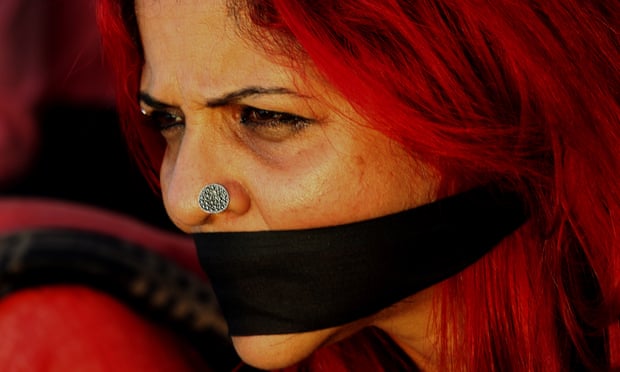by AMARTYA SEN

Nothing is as important, the philosopher Immanuel Kant claimed, as the “freedom to make public use of one’s reason on all matters”. Unfortunately, as Kant also noted, the opportunity to argue is often restrained by society – sometimes very severely. A disturbing fact about the world today is that authoritarian tendencies have been strikingly on the increase in many countries – in Asia, in Europe, in Latin America, in Africa and within the United States of America. I fear I have to include my own country, India, in that unfortunate basket.
After India secured independence from British colonial rule, it had for many decades a fine history of being a secular democracy with much personal liberty. People showed their commitment to freedom and their determination to remove authoritarian governance through decisive public action, for example in the general elections in 1977, in which the despotic regulations – dressed as “the emergency” – were firmly rejected by the people. The government obeyed promptly.
However, in recent years the priority of freedom seems to have lost some of its lustre for many people, and the current government gives striking evidence of the inclination to promote a different kind of society. There have also been strong attempts to stifle anti-government protests, which, strangely enough, have often been described by the government as “sedition”, providing grounds for arrest and for locking up opposition leaders. Aside from the despotic tendencies implicit in this approach, there is also a profound confusion of thought here, since a disagreement with the government need not be a rebellion to overthrow the state, or to subvert the nation (on which the diagnosis of “sedition” must depend).
When I was in school in British-ruled colonial India, many of my relations, who were nonviolently agitating for India’s independence (inspired by Mahatma Gandhi and other champions of freedom), were in British Indian jails under what was described as “preventive detention”, allegedly to stop them from doing anything violent. After India’s independence, preventive detention as a form of incarceration was halted; but then it was reintroduced, initially by the Congress government, in a relatively mild form. That was bad enough, but under the Hindutva-oriented BJP government now in office, preventive detention has acquired a hugely bigger role, allowing easy arrests and imprisonment of opposition politicians without trial.
The Guardian for more